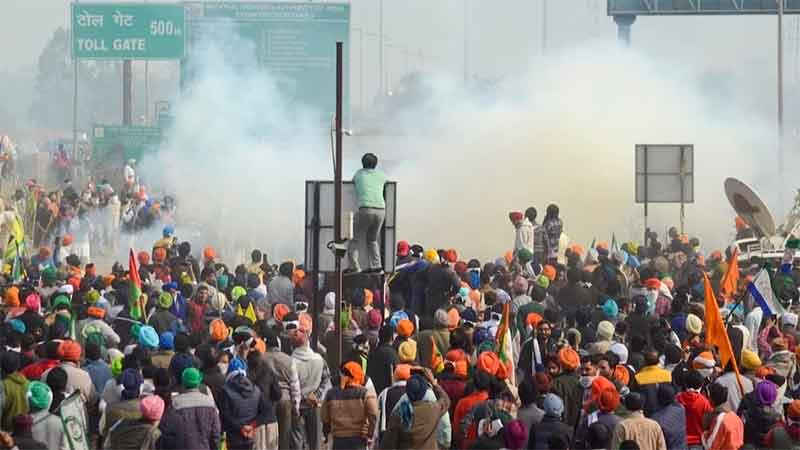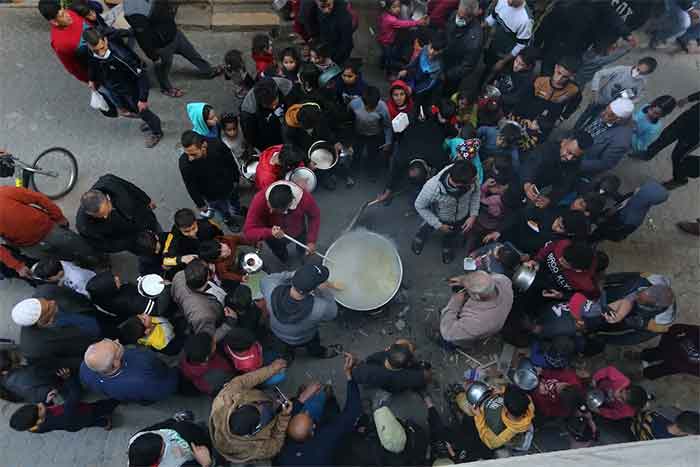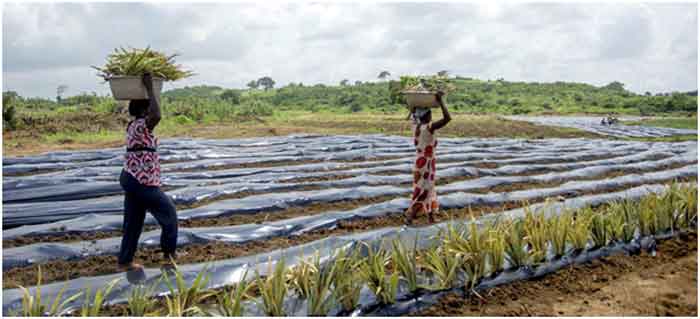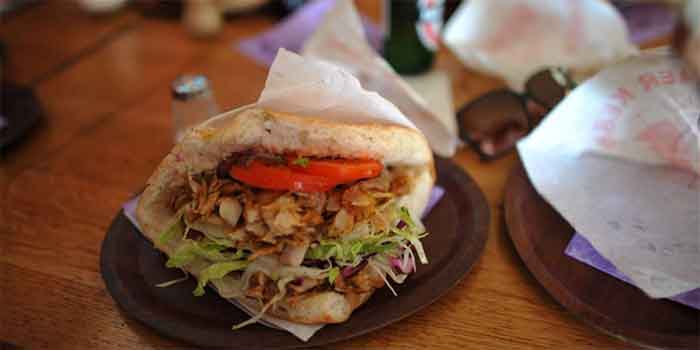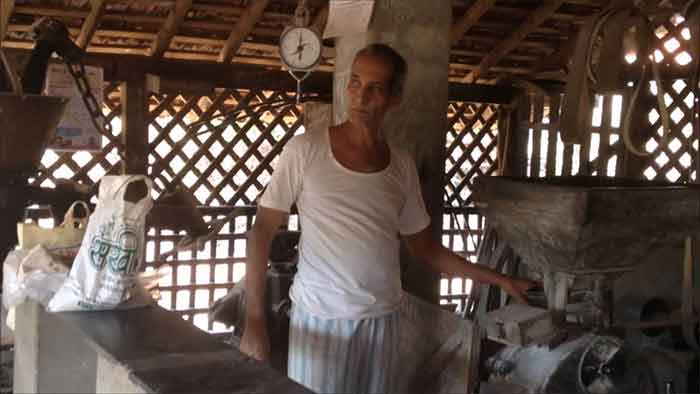
Ukraine has for long been a very productive food grain producing country with very favorable natural conditions for this role. In particular its role in producing surplus wheat has been very well-established. What is important for government policy is to establish the sustainability and equality aspects of these natural strengths.
Unfortunately in recent years Ukraine has instead travelled in an opposite direction in which inequality has grown, environmental impacts have worsened and sustainable livelihoods of farmers have been increasingly threatened. In times of climate change, adaptation as well as mitigation aspects have worsened instead of improving.
The background for these changes had been prepared for quite some time but we can see these more prominently during the last eight years or so, which is also related to political change.
Two aspects of these changes may be particularly noted here. Firstly, land ownership has increasingly passed into the hands of oligarchs and multinational companies. Many oligarchs in turn have strong foreign/western links. The foreign companies emerging as leading landowners are led by USA companies, particularly those associated with spread of genetically modified crops and seeds. A single entity may own over a hundred thousand acres of land. To facilitate this the legal restrictions which earlier existed on foreign ownership of land have been removed and the conditions made favorable for large-scale land grab by multinational companies, include those which have faced thousands of serious legal cases within their parent country or other western countries for serious harm caused to the health of people by their products.
This brings us to the second important threat to Ukraine farming in recent times relating to increasing ecological and health risks. This in turn is also related to the changes in land-ownership pattern. It is well-known that under big business-dominated farming, highly agro-chemical intensive, mechanized monocultures are promoted which are also associated with the seeds, herbicides, pesticides etc. more specifically produced by the same agribusiness companies or those related to them. Predictably, there have been increasing reports of soil and environment contamination and rising risks of genetic contamination, linked to illegal spread of GM crops, apart from ongoing efforts to remove legal restrictions on GM crops. This has been particularly mentioned in the context of soya crop.
Earlier there was much resistance to GM crops and seeds in Ukraine among ordinary people and farmers, both from the point of view of protecting health as well as economic interests associated with export crops. After all the European consumers have been very careful regarding the health hazards of GM foods and it would have been very harmful for Ukraine farmers to ignore this. Ordinary farmers are still very much against such threats and hazards but their voice became less and less effective in decision making with the increasing dominance of big business.
For these changes 2013-14 was an important year as a loan proposal by western-dominated international financial institutions was also linked to these changes, including a more extensive role for big business in farming and reduced restrictions on its spread, along with spread of GM seeds. The then President Victor Yanukovych and his colleagues realized its dangers and instead leaned towards an alternative , almost equally big loan offered by Russia, which included natural gas discounts as well. This was the time when the USA supported demonstrations against him were stepped up greatly, leading to his ouster. After this there has been hardly any check on the steady, fast pace of expansion of big business interests in the agriculture of Ukraine.
Clearly the interests of Ukraine farmers are best served by ensuring that land ownership remains with them. Therefore future policy measures should include the re-introduction of restrictions on foreign ownership of farmland. In addition restrictions should be imposed on the extent to which farmland can be purchased by local oligarchs and very rich persons as well. They can buy some land but they should not be allowed to buy most of the land. The bulk of the land should remain with hard working, ordinary farmers for whom this should be the base of their sustainable livelihoods.
At a wider level, if this one of the most bountiful and fertile countries of Europe can be committed to healthy and safe farming practices, this will prove very useful in the longer-term for the food security of Europe as well, more specifically for the availability of adequate healthy and safe food in Europe. Hence the wider interests of Europe are also tied up with resisting the ongoing assault on Ukraine farming and food system to bring this more and more under the control of big business interests. Policy should be devoted instead to promoting equality and sustainability.
Bharat Dogra is Honorary Convener, Campaign to Save Earth Now. His recent books include Planet in Peril, A Day in 2071 and India’s Quest for Sustainable Farming and Healthy Food.

